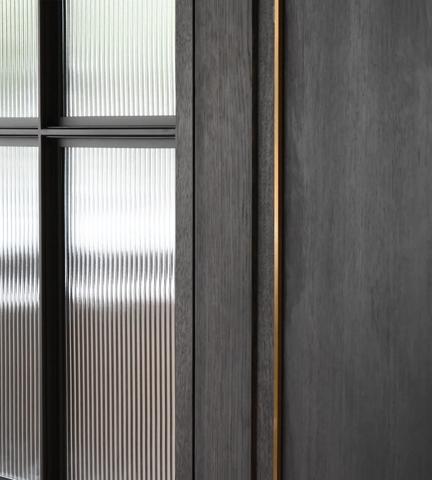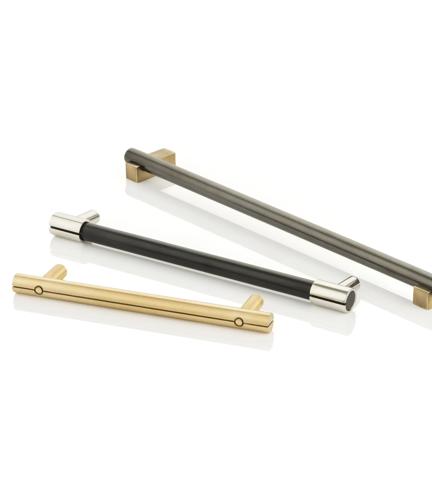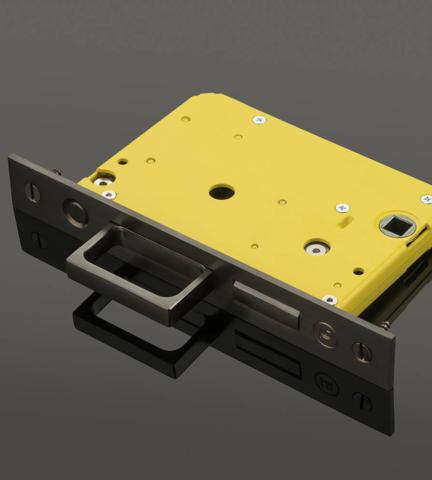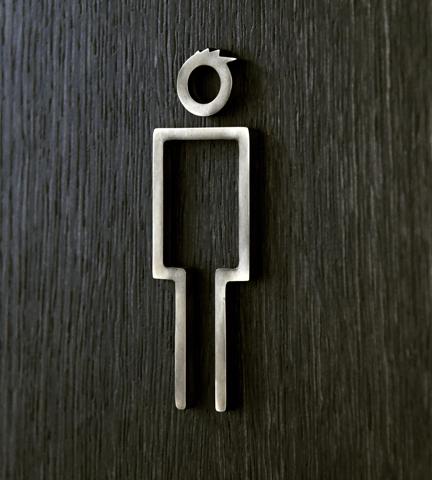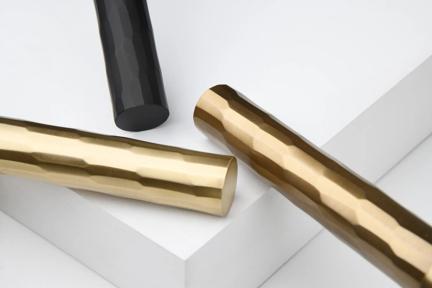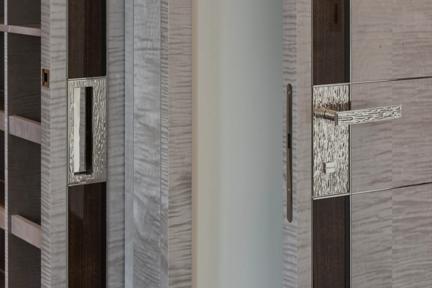
Architectural hardware designed for exclusive private residences worldwide.
Making the design and manufacture of architectural hardware for high-end residences as easy as possible, from specifying to installation.

The anti-droop, anti-wobble mechanism for levers.
A remarkable piece of engineering that sits concealed within the door, never protruding more than 8mm, and ensures that the lever handles sit perfectly level and do not wobble.
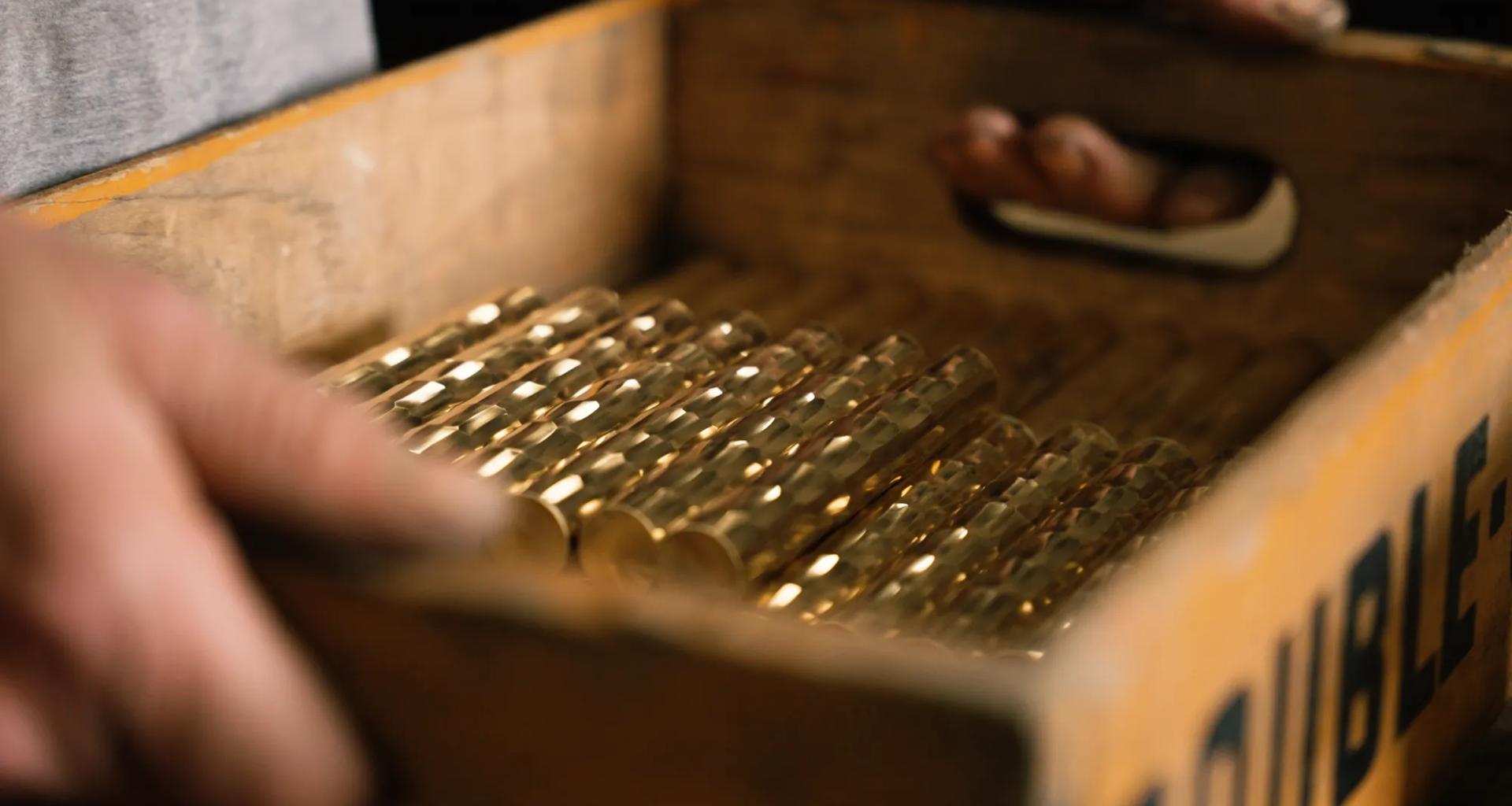
Made in Britain. Enjoyed worldwide.
At Joseph Giles, we value British heritage and values. That’s why we design and manufacture our products in Britain, using skilled artisans and craftsmen to create beautiful decorative ironmongery.
The Joseph Giles experience

DESIGN & DISCOVERY
We begin the project process with a consultation to capture your requirements and to scope out the initial design concepts, potential finishes, timeframes and budgets.

Technical Scheduling
Our team of ironmongery experts carry out detailed analysis of floor plans and design documentation to pull together a ironmongery schedule. This may involve a workshop meeting, site surveys and sharing compatibility advice between the joinery details and hardware.

Production
With the finalised hardware schedule approved and, if relevant, bespoke product designs signed off and delivery locations and timings agreed, your order will be placed so production can begin.
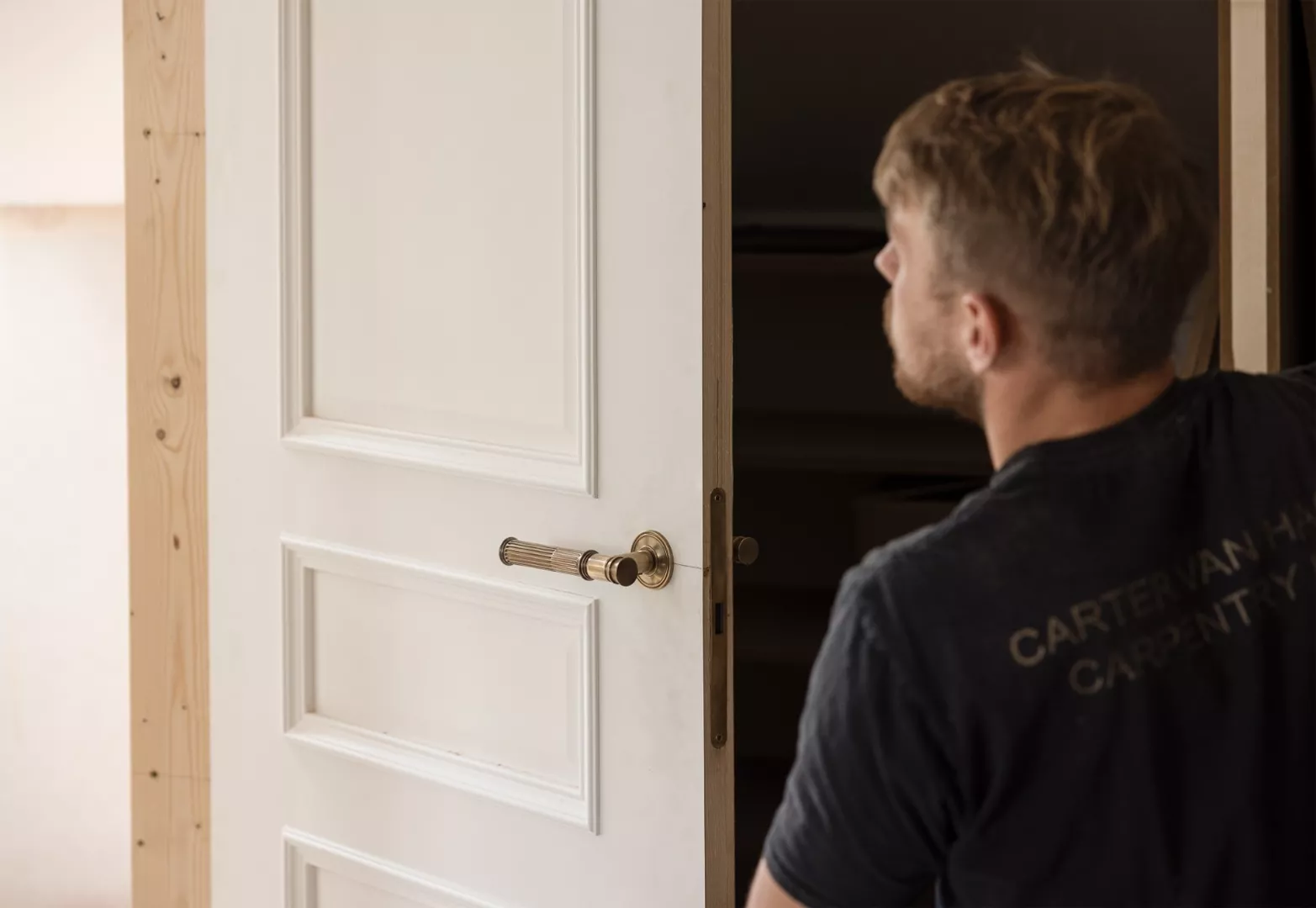
Aftercare
During the delivery of your project, our team will be on hand to support with any questions and challenges that may arise. Our experienced joiners are also able to attend site to provide advice.
Our collections & collaborations

Cube & Leather
A new take on the sleek minimalism of our signature Cube collection, wrapping the handles in bridle leather adds another dimension of texture.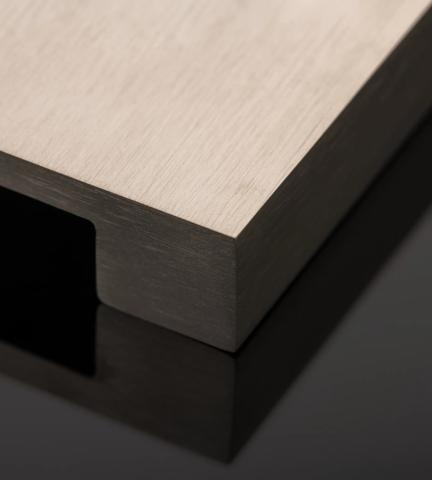
Cube
We designed the Cube to provide the perfect hardware option to suit a minimalist interior. Two decades later, the collection remains enduringly popular.
Holmes
Inspired by minimalist architecture, Holmes is an experiment with the way in which square and rectangular shapes complement each other.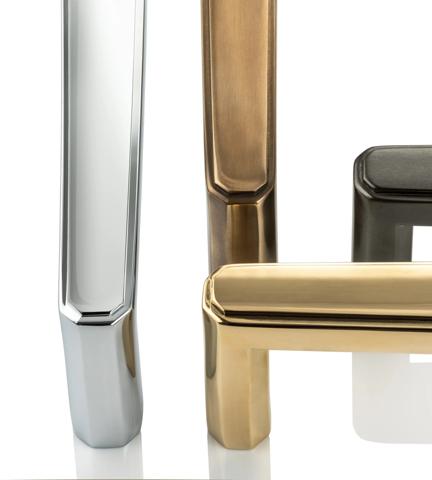
Alexander
Inspired by fine British silverware and its history, particularly the city of Sheffield, famous for its cutlery production since the 17th century.
Adelphi
Modern neoclassical design pays homage to the architecture of classical antiquity, and its influence is apparent in our Adelphi range.
Granville
The classic sophistication of the Georgian period is encapsulated in our Granville design.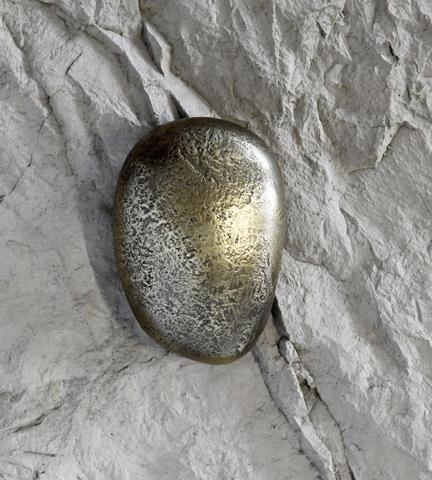
Cove
Sculpted by the sea, cast from brass.
Archibald
The simple, unobstructed shape of the Archibald range was designed with the Bauhaus in mind.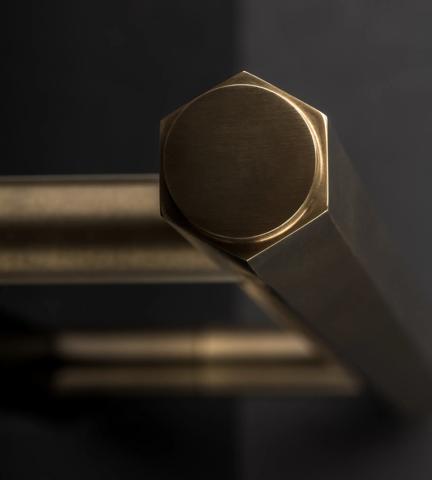
Theodore
This hexagonal design was inspired by a replica handle we created for a historic public building in London.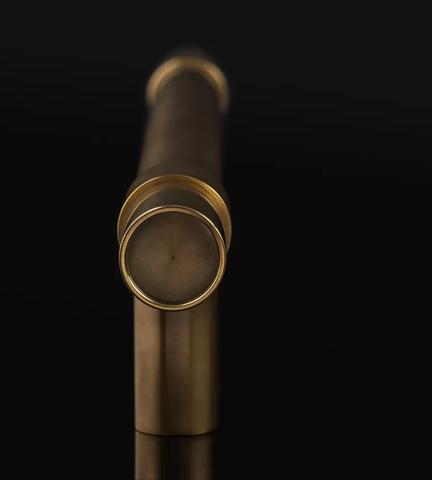
Montgomery
The Walter Gropius handle is a design we have always admired for its solid and simple grip, which we took as inspiration for the Montgomery range.
Bartlett
With the Barlett range, we've sought to subtly harness the beauty of simple concentric circles in a contemporary way.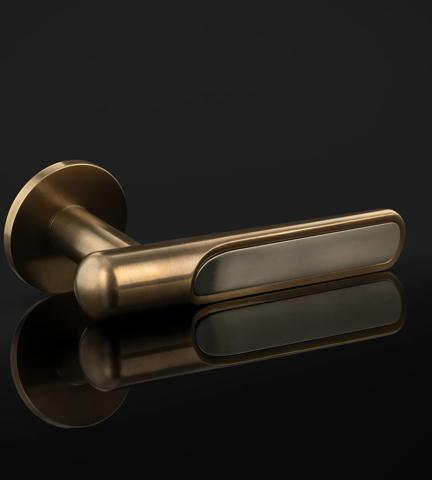
Contour
A contemporary perspective on the art of the renaissance period; the contrast between raw and refined.
Fonteyn
The slender form of the Fonteyn collection is inspired by the elegance of a ballerina.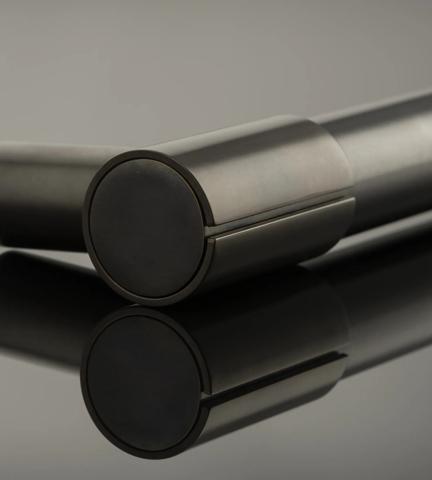
KH Clasp
Inspired by the aglet at the end of a shoelace, a delicate detail which enhances the sleek simplicity of this design.
Dewhurst
A striking collection, Dewhurst is inspired by the glamour of the Art Deco period.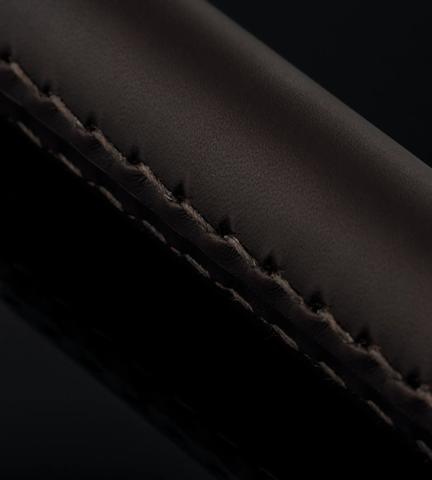
Bedford
The Bedford collection was one of our first ranges, and the world’s first contemporary leather-wrapped door furniture.
Arrieta
Designed in collaboration with Anca Rotaru, the Arrieta handle draws inspiration from playful and iconic designs of the 20th centry.
Remmington
The beautiful circular motif of the Remmington was inspired by the decorative cases of antique pocket watches.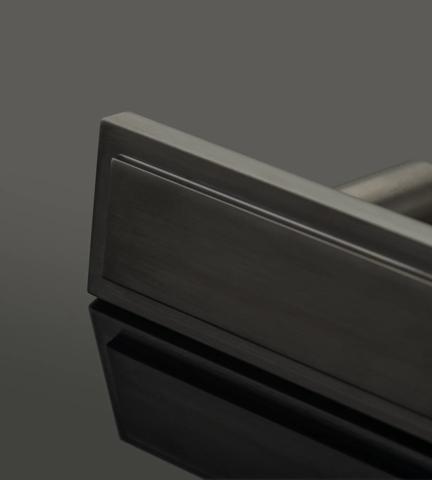
Harrison
Combining sleek lines with subtle Art Deco detailing, the Harrison collection is a classic.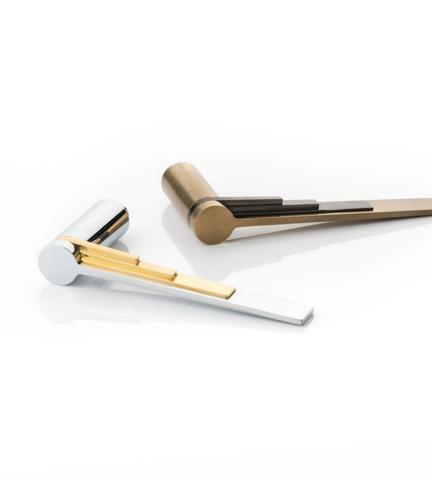
Scala
Michaelis Boyd partnered with us to create this exclusive range of handles, inspired by the geometric design schemes of Italian architect Carlo Scarpa.
Organo
The Organo collection is cast from solid bronze using traditional manufacturing methods, creating unique attractive textured pieces.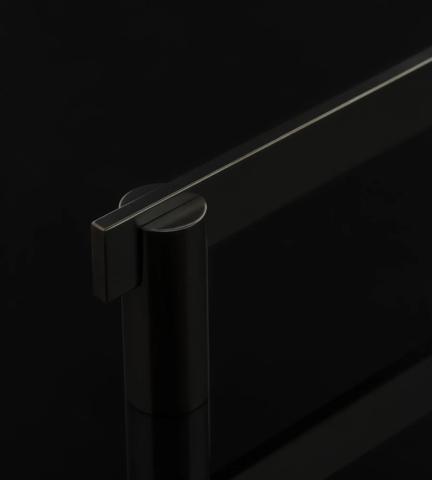
Bailey
Bailey is inspired by contemporary shapes, and the way in which round and rectangular shapes complement each other.
Velo
An innovative electrical collection, the design of Velo embraces the concept of marginal gains, inspired by the success of the British cycling team.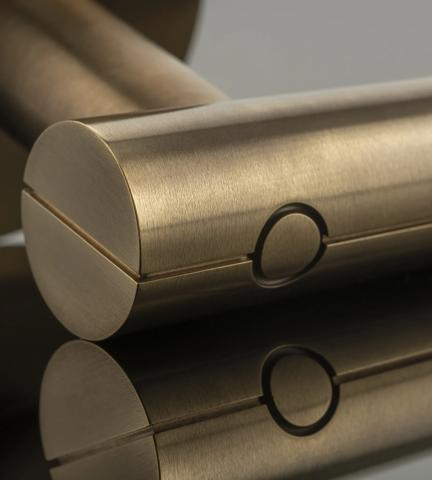
KH Dot
A beautifully delicate design, looking at the connection between the stem and grip of a handle.
KH Intersect
Intersect is an interesting fusion between geometric shapes and clean, modern lines, designed in collaboration with Kelly Hoppen.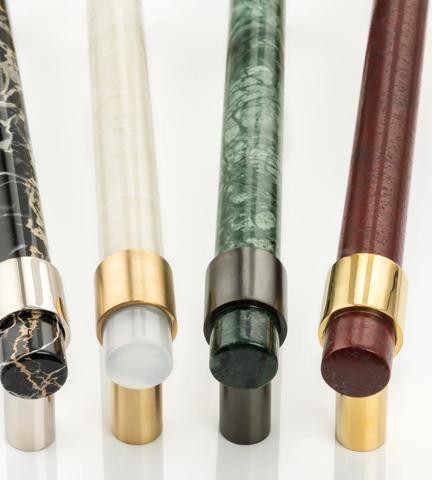
Collett Marble
A stunning collection of marble hardware inspired by the opulence of the 1930s, created in collaboration with Collett Design Associates.
Rohe
The Rohe collection is inspired by Ludwig Mies van der Rohe, a proponent figure of modern architecture.
Roland
Roland is inspired by the lightbulb, a form that is both aesthetically pleasing, as well as functional.
Winfield
The Winfield cushion door knob follows the timeless and simple geometry of a door knob from the Victoria era.
Buckland
This collection draws inspiration from a seminal British architect of the Arts and Crafts movement, Herbert Tudor Buckland.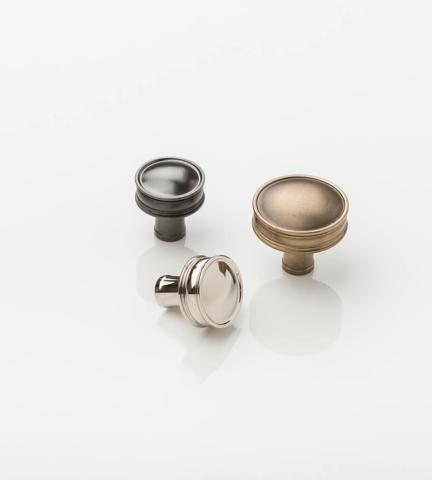
Huntingford
Polished and presentable, Huntingford is a modern take on the classic drum shape.
1508 London
A contemporary perspective on Renaissance art; the contrast between raw and refined.
Studio Indigo
A collection of organic hardware seen through a contemporary perspective.
Michaelis Boyd
Translating distinctive Art Deco and Vintage shapes into hardware.
Collett Design Associates
Celebrating fine Italian marble and glass.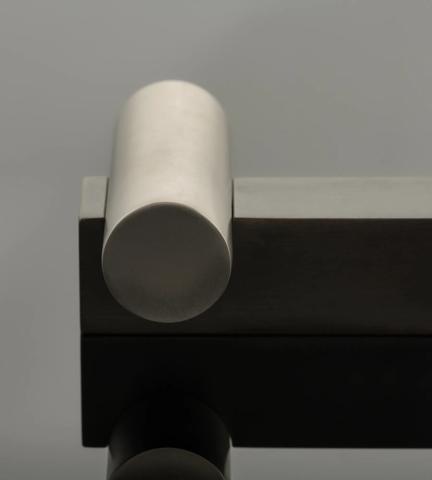
Kelly Hoppen
Simple geometry and delicate details across three beautiful collections.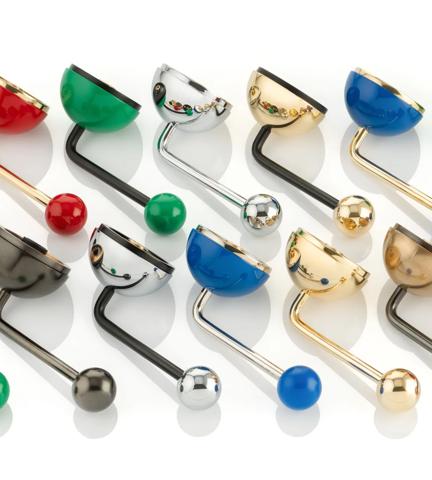
Anca Rotaru
A playful use of bold colours and shapes.Bespoke Hardware Designs
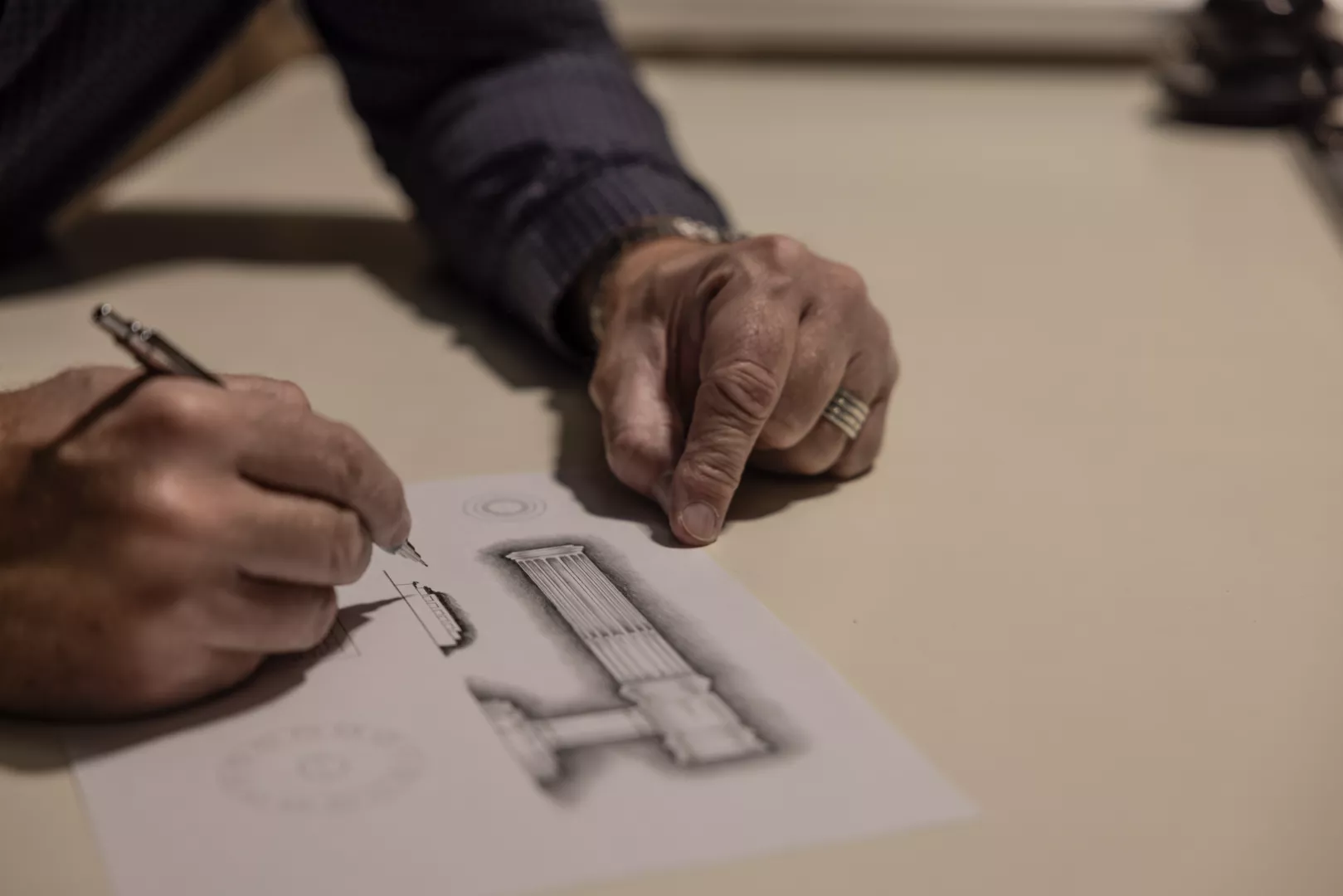
Custom hardware and lighting design
Trusted by industry leaders
“Joseph Giles are world leaders in luxury architectural hardware. They have worked on a number of award-winning Candy & Candy design projects and are widely recognised for the exceptional craftsmanship and superior quality products.”
Nick Candy
CEO, Candy London
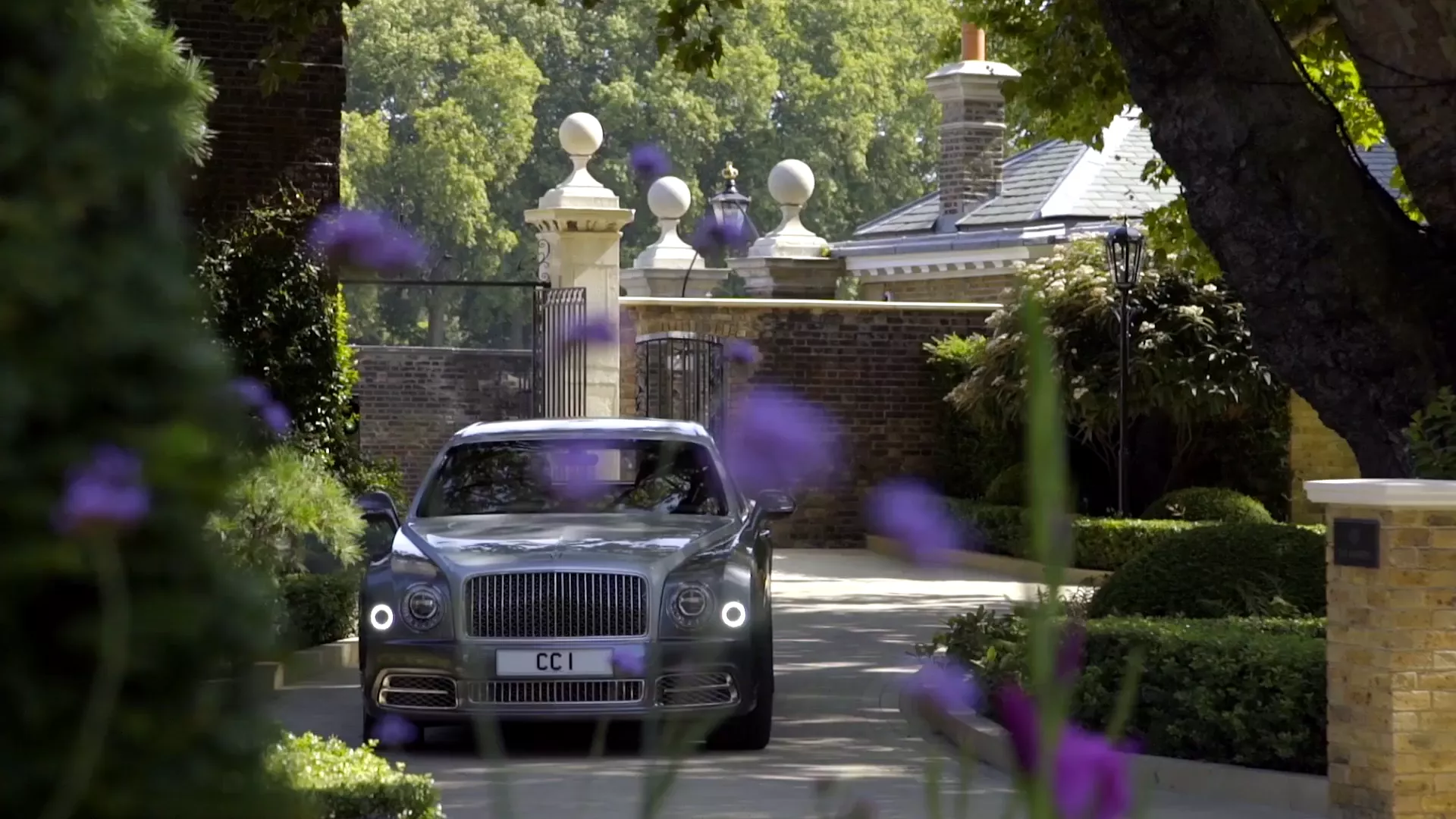
"Joseph Giles epitomizes an unwavering commitment to excellence and artistry, making them an indispensable ally for 1508 London across diverse projects spanning the globe." Their passion and dedication shine through in every collaboration, elevating our collective pursuit of design innovation and craftsmanship to unparalleled heights."
Leo Bertacchini
Design Director, 15o8 London


"The longstanding partnership between Joseph Giles and Studio Indigo has been marked by numerous iconic projects so it felt a natural fit for us to partner for to create a new and unique collection. The Tiro collection has pushed the boundaries of craftsmanship, skilfully mirroring the raw and organic beauty found in nature.
Daniella Perez Herrera
Studio Indigo


"Joseph Giles are our trusted supplier of hardware for high end projects, their quality of service, product and level of technical support is second to none."
EE Smith

Your questions answered
With an enduring reputation for creativity, innovation and quality of service, Joseph Giles is the hardware supplier of choice for anyone working on high-end residential projects in the UK and beyond.
At our heart, we are specialist ironmongers daring to cover ground that other manufacturers have been too afraid to tread. However, it is our unique customer-focused approach that has enabled us to grow from a small family business in the late 90’s to the global enterprise we are today. We deliver a truly tailored end-to-end design, supply and installation training solution that remains unrivalled in our industry, still with family at its core.
We do not currently have a showroom. However, samples and finishes can be requested from our Customer Experience team by calling 020 8680 2602 (during office hours), or emailing info@josephgiles.com.
Yes, we have a number of global partners from which you can purchase our products outside of the UK. Please click here to locate your closest international supplier.
We do not currently have an up-to-date brochure. However, you can find our full selection of products available on our website. We are currently working on designing a look book, which will be available in 2025.
You can order a sample by clicking here and completing the form on our webpage. Alternatively, you can call our Clients Relations team on 0208 680 2602 (during office hours) or email to info@josephgiles.com and a member of the team will be delighted to assist you.
All registered users on our website are able to access pricing, technical information and product availability via each respective product page. You can apply for registration by clicking here and completing the request form.


